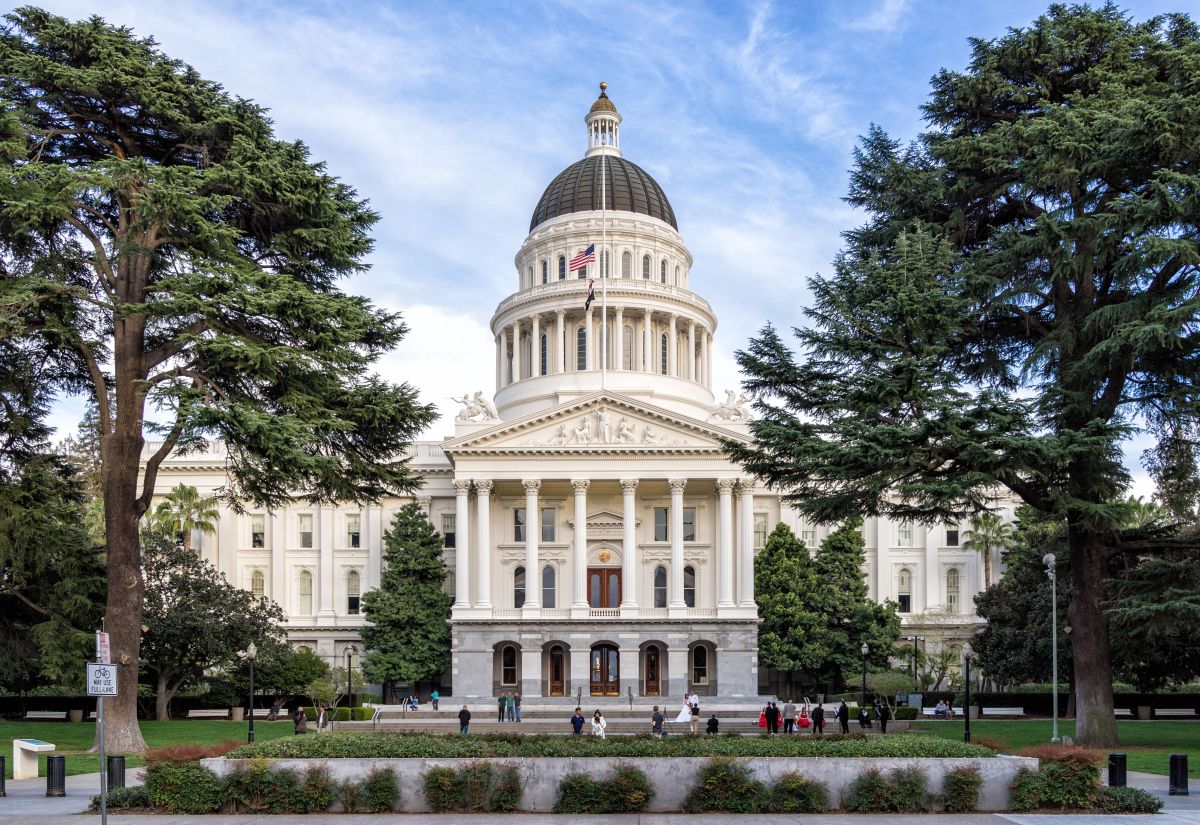Jack Molodanof, president of Molodanof Government Relations and an attorney and lobbyist for the California Autobody Association (CAA), explained the impending 2024 laws affecting the auto body and collision industry.
What are some of the new laws auto body shops should know about?
Several new laws significantly affect auto body and collision repair businesses. Some notable changes include an increase in the state minimum wage to $16.00, though some local jurisdictions may have higher rates; an increase in employee sick leave from three to five days; implementation of a workplace violence prevention plan; and the new Bureau of Automotive Repair (BAR) citation and fine program, which imposes fines of up to $5,000 on collision shops if an employee fails to comply with disclosure and documentation requirements.
What is the BAR citation program?
BAR oversees and regulates the auto repair industry in California, including the state's approximately 6,000 auto body and collision facilities. The citation program is a new disciplinary measure, allowing the BAR to issue fines for various paperwork violations, such as:
- Improper estimates
- Customer authorization
- Invoice requirements
- Deviations from BAR accepted trade standards
- Return of parts
- Sublet repairs
- Advertising and guarantee requirements
- Failure to maintain and produce records among other violations
How the new BAR citation program operates
If an auto body shop receives a consumer complaint, the BAR will investigate to determine if a citation and fine are warranted. In the event a citation is issued, the shop may have the option to appeal the citation and fine through a process involving a three-member panel representing BAR, the public and the automotive repair industry. If the collision shop is eligible, it may prevent public disclosure of the citation on the BAR website. This is possible by having the owner/principal and the employee involved in the violation complete an eight-hour course taught by a BAR-certified remedial training provider, similar to traffic school.
Should shops be concerned about the BAR citation and fine program?
Absolutely. It's crucial for body shops to pay attention to the BAR citation and fine program. Annually, the BAR receives approximately 16,000 consumer complaints related to automotive repair, with 19%---about 3,000 complaints---specially concerning auto body issues. The BAR thoroughly investigates these complaints, assessing documentation to determine if any violations occurred and if a citation and fine is warranted. Penalties of this nature can lead to financial losses and pose a risk to your business reputation. The BAR citations are publicly accessible on their website, making them visible to insurers, customers and competitors. This visibility threatens the standing and image of your business. Furthermore, these violations remain on the BAR website for a minimum of seven years.
Does a shop need to worry if its collision estimators have years of experience?
The answer hinges on whether a shop's estimators and other employees have a comprehensive grasp of the laws associated with BAR disclosure and documentation requirements outlined in the Automotive Repair Act. Collision estimating courses may not prioritize instructing and testing on various BAR laws impacting a business. Instead, they often focus on boosting sales, customer retention and CSI scores. Customers anticipate the auto body shop they choose not only has the proficiency to fix their vehicle but also adheres to California consumer protection laws.
Are collision shop management software companies responsible for BAR compliance?
No, they are not. Companies offering collision shop management software to California shops are not under the oversight of BAR. Reports indicate some software programs may expose auto body shops to compliance risks. Despite discussions in legislative hearings about the potential for BAR oversight of shop management companies, no action has been taken thus far.
Auto body and collision shops bear the responsibility of compliance and have been advised by the BAR to verify the software's compliance before use. If necessary, shops should override or overwrite the software to ensure compliance.
What steps can a shop take to prevent BAR issues?
Proactively address consumer concerns to prevent escalation into BAR complaints. Avoid assuming employees, especially estimators, are well-versed in all the BAR laws and regulations, or that collision management software is automatically BAR compliant.
Ensure employees undergo proper training and testing by a certified BAR training provider before a BAR representative visits the shop. This is crucial, as the BAR evaluates various factors before deciding to issue a citation and determining its amount. If an employee was trained in the relevant subject matter and still violated the regulations, it may weigh in favor of finding "good faith" on the part of the shop and weigh against issuing a citation and fine. Conversely, inadequate training leading to a violation may show "bad faith," influencing the fine amount.
For more information on training and providers, go to the BAR website.
Jack Molodanof has specialized in automotive, administrative and regulatory law for more than 30 years. He is considered an expert in California for the automotive repair industry and represents several of the largest state associations, including the CAA, the Automotive Service Councils of California and the California Automotive Business Coalition. He serves on the California Bureau of Automotive Repair (BAR) Advisory Group, which provides input on BAR programs, and is a certified BAR remedial training provider, authorized to instruct on laws and regulations related to the Automotive Repair Act. He is also co-founder of EduTech, a company that offers online BAR educational courses. Contact him at jack@mgrco.org.











